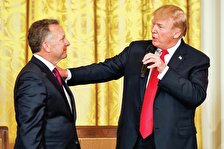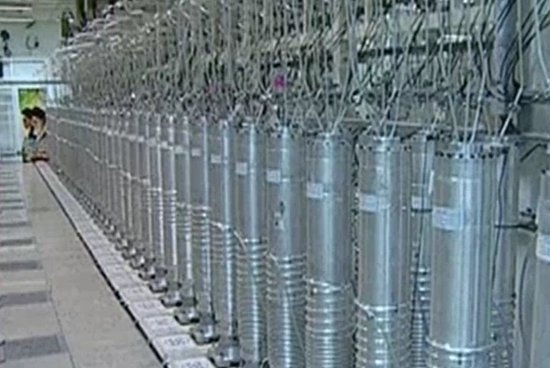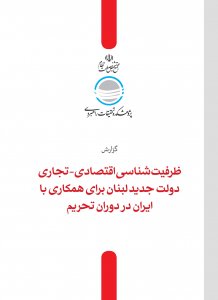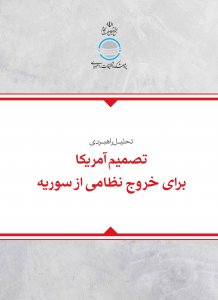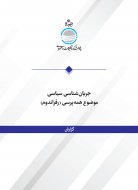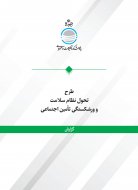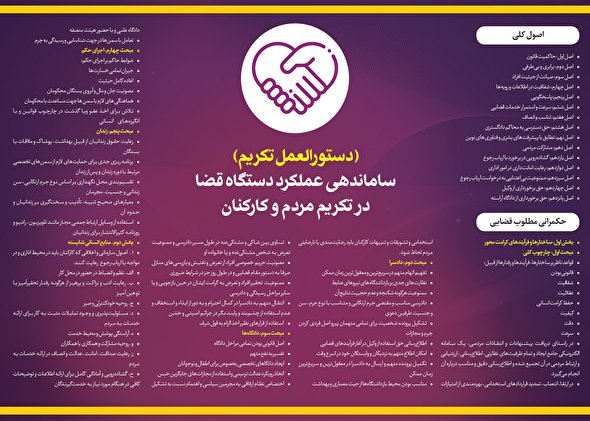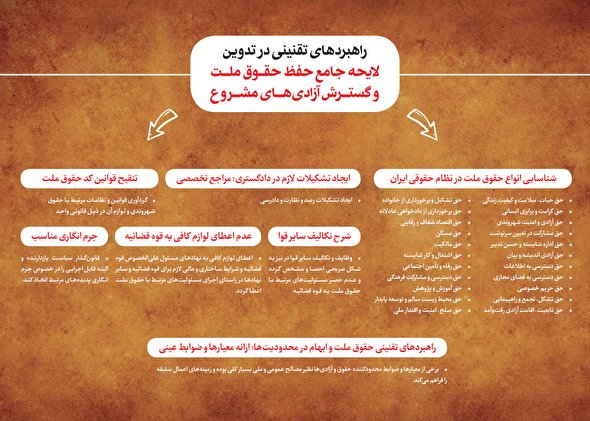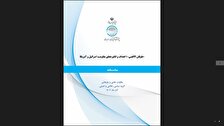
Feasibility of Economic Convergence in the Persian Gulf and Realizing Requirements
Achieving economic integration, security and sustainable development in the
Middle East and the Persian Gulf has suggested as a considerable topic for many
international relations' researchers. Reviewing the research literature, it can
conclude that the researchers did not provide the same solutions on how to
achieve regional convergence in the Persian Gulf. Instead, a variety of analysis,
hypotheses and suggestions made in this regard. The study aims on the
feasibility of economic integration in the Persian Gulf region (including Iran,
Saudi Arabia, Iraq, Qatar, the United Arab Emirates, Oman, Kuwait and
Bahrain) and the requirements for achieving it. Economic convergence
considered as a process that aims to achieve peace, security and sustainable
development in the region. Accordingly, the research question would be “How
the Gulf States could achieve economic integration in order to achieve peace,
security and sustainable development”. In order to achieve peace, security and
sustainable development, the research hypothesis the Persian Gulf States should
rely on a combination of various economic, political, security, and religiouscultural
capacities. Then, overcoming internal, regional and visionary divergent
factors must take into account the behavioral requirements of achieving
economic and political-security cooperation (in the short and medium term) and
economic convergence (in the long-term) in major national decisions as well as
their foreign policy approaches. The research methodology, as needed, was a
combination of qualitative method based on library documents and quantitative
and statistical methods. The findings provide a comprehensive network model
integration in the Persian Gulf. While rejecting strategic hierarchy model in
prioritizing the indicators, the simultaneous and interconnected use of different
economic, political, security and religious-cultural components in achieving
economic and political-security cooperation in the short and medium-term and
economic convergence is proposed for long-term.for achieving peace, security and sustainable development through economic

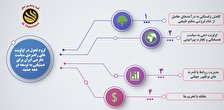
تحول در اولویتهای راهبردی سیاست خارجی ایران برای دستیابی به توسعه در دهه جدید
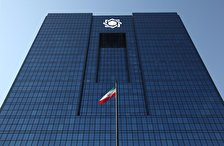
بررسی محدودیت ماهیانه بانک مرکزی بر روی ترازنامه بانکهای کشور

بایستهها و ضرورتهای تحقق دولت تنظیمگر

جذب سرمایه خارجی جهت توسعه صنعت نیمه هادی در کشور
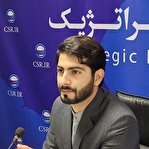
تبیین پنجاه سال روابط دیپلماتیک ایران و چین

ابزار مذاکره در دکترین سیاسی و امنیتی آمریکا
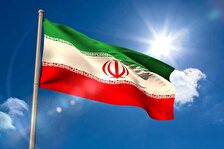
چشمانداز آتی و لزوم رفع نگرانیهای اقتصادی؛ از آرمانهای مطلوب تا دستاوردهایی ملموس
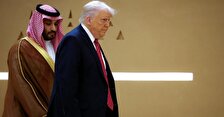
ترامپ و خلیج فارس؛ امنیت و تجارت
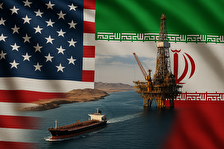
مذاکره با جمهوری اسلامی ایران؛ کلید ایالات متحده برای تثبیت امنیت انرژی و مهار چین
